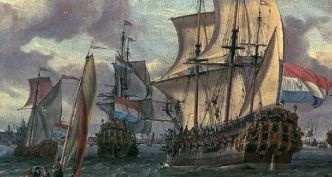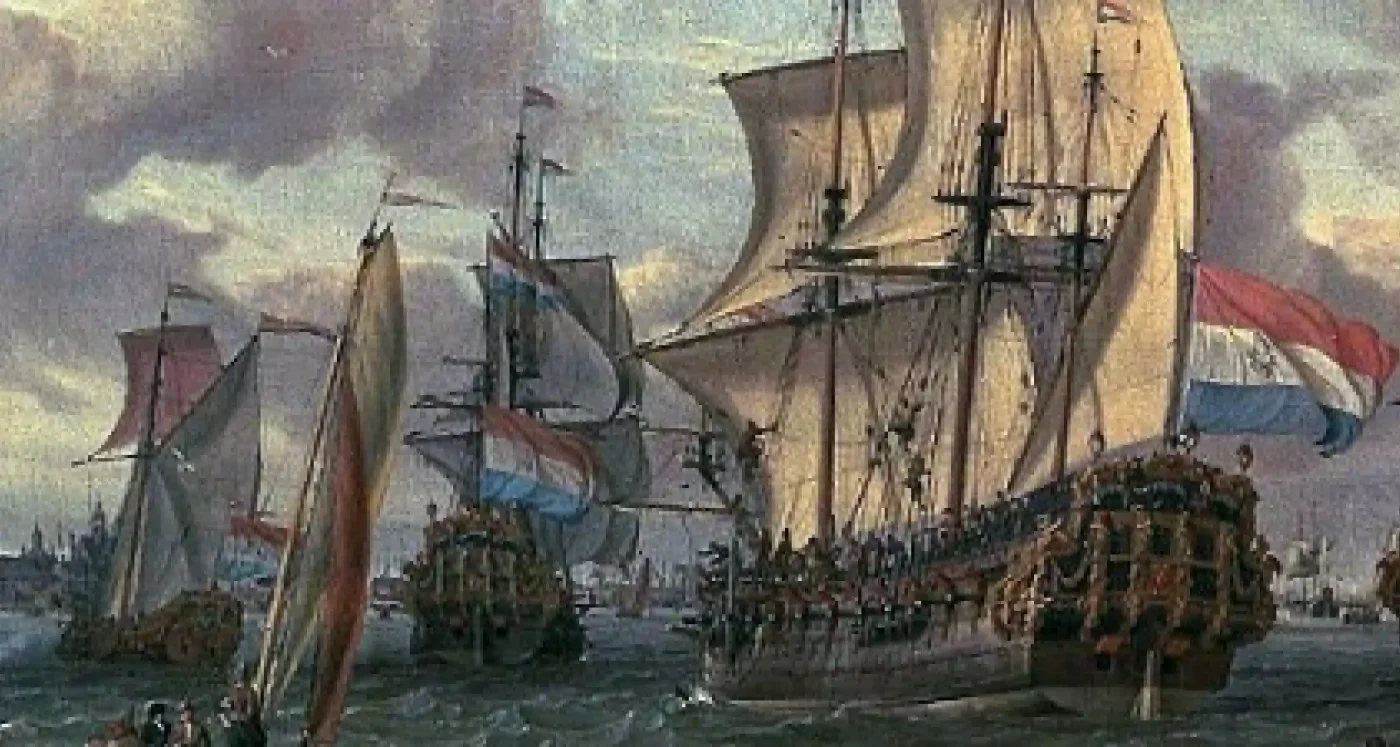A controversial government initiative to rewrite significant portions of Indonesia’s historical narrative has ignited a fierce debate among academics, activists, and policymakers. Announced by Culture Minister Fadli Zon in late December 2024, the project aims to produce a new set of history books by August 17, 2025, coinciding with the nation’s 80th Independence Day. While the government claims the effort is a necessary update to reflect a more accurate past, critics warn it risks stifling academic freedom and promoting a singular, state-sanctioned version of history.
A New Historical Narrative
At the heart of the initiative is a reevaluation of Indonesia’s colonial past under Dutch rule. Traditional school textbooks have long taught that the country endured 350 years of continuous colonization. However, the new project, involving over 100 historians from various universities, will challenge this timeline. Minister Fadli Zon has emphasized studies suggesting that Dutch control was not uniform across the archipelago, with regions like Aceh and Bali maintaining independence well into the early 20th century. This reinterpretation, supported by Agus Mulyana, chairman of the Indonesian Historian Association (MSI), seeks to frame Indonesia not as a “defeated nation” but as one with a complex history of resistance and autonomy.
The scope of the project extends beyond colonial history. It will cover Indonesia’s prehistoric era up to recent political administrations, including the Reform era post-1998. Fadli has noted that previous major historical works, such as the 2011 nine-volume collection Indonesia dalam Arus Sejarah (Indonesia in the Historical Current), omitted significant periods, including the tenure of former President Susilo Bambang Yudhoyono. The updated books aim to fill these gaps, providing what the government describes as a comprehensive record.
An Official History?
What has raised significant alarm among independent scholars is the government’s intention to position these books as the “official history” of Indonesia. Fadli has stated that the collection will serve as the primary reference for history curricula across all educational levels. This move, critics argue, could marginalize alternative interpretations and undermine the dynamic nature of historical discourse. Andi Achdian, a historian from the National University (UNAS), expressed concern that such a singular narrative represents “an erosion of our democratic life after the Reform movement in 1998.” He fears it could suppress critical thinking and academic debate, key pillars of a democratic society.
Another historian, Erwien Kusuma, echoed these sentiments, warning that labeling other historical sources as unofficial or less credible could distort public understanding. “History is a dynamic discourse, not a dogma” he told reporters, highlighting the importance of maintaining diverse perspectives in academic study.
Fears of Historical Revisionism
Beyond the issue of academic freedom, there are deeper concerns about the potential for historical revisionism. Historians and human rights activists worry that the project might soften narratives around past atrocities and political violence, particularly during the authoritarian New Order regime under President Soeharto (1967-1998) and even aspects of the subsequent Reform era. Andi Achdian suggested that the new texts might emphasize achievements over the systemic issues and abuses that characterized these periods, creating a sanitized version of history.
Usman Hamid, executive director of Amnesty International Indonesia, has called for transparency in the project, urging the inclusion of victims’ narratives in accounts of past political violence and human rights violations. “It is the state’s responsibility to explain who our nation is, including why and how we must resolve the past to uphold truth and justice” he said. Without such honesty, there is a risk that the new history books could gloss over unresolved injustices, further alienating affected communities.
Political Influences and Objectivity
The project’s leadership has also come under scrutiny due to potential political biases. Culture Minister Fadli Zon, a co-founder of President Prabowo Subianto’s Gerindra Party, has a well-known political background that some fear could influence the direction of the historical narrative. While Fadli’s specific stance on the Reform era remains unclear, Andi Achdian noted that his affiliations are widely recognized, raising questions about the objectivity of the project. Neither Fadli nor his deputy, Giring Ganesha, has responded to requests for comment on these concerns, leaving room for speculation about the government’s intentions.
The timing of the project, set to conclude just before Indonesia’s Independence Day, adds another layer of complexity. Some observers suggest that the release could be framed as a national achievement, aligning with patriotic celebrations and potentially limiting public critique. If confirmed, this could further entrench the government’s narrative as the definitive account, overshadowing independent scholarship.
Broader Implications for Democracy
The debate over Indonesia’s history rewrite extends beyond academia, touching on fundamental questions about democracy and national identity. History, as a discipline, thrives on competing interpretations and rigorous debate—elements that critics argue are threatened by an “official” narrative. In a country that has fought hard for democratic reforms since the fall of Soeharto, the imposition of a singular historical perspective could be seen as a step backward, reminiscent of the control over information that characterized the New Order era.
Moreover, the project raises questions about how history shapes contemporary politics. By redefining Indonesia’s colonial past, the government may seek to bolster national pride and resilience, particularly in regions with strong historical identities like Aceh. However, without careful balance, this could alienate minority groups or those whose histories of resistance are downplayed in favor of a unified national story. The inclusion of recent political eras also opens the door to potential bias, as living figures and active political parties may influence how their legacies are recorded.
Public and Academic Response
Public sentiment, as reflected in discussions on social platforms and local media, appears divided. Some Indonesians welcome a reevaluation of colonial history, seeing it as an opportunity to reclaim narratives of resistance and regional strength. Others, particularly younger generations and academics, express skepticism about the government’s role in shaping history, fearing it could limit access to diverse sources. While no formal protests have been reported, online conversations suggest growing unease about the implications for education and freedom of thought.
Academic circles, meanwhile, are mobilizing to ensure their voices are heard. Independent historians have called for public consultations on the project, advocating for a collaborative approach that includes dissenting views. Without such inclusivity, they warn, the new books risk becoming a tool of state propaganda rather than a genuine scholarly endeavor. There is also a push for transparency in the selection of the 100 historians involved, with demands to know their affiliations and methodologies.
Looking Ahead
As Indonesia approaches its 80th Independence Day, the history rewrite project looms as a defining issue for the nation’s cultural and political landscape. Will the new books foster a deeper understanding of the past, or will they constrain the very freedoms that Indonesians have fought to secure? With no clear answers yet, the debate underscores a broader tension between state authority and individual liberty—a tension that will likely shape public discourse in the months to come.
For now, the project remains a work in progress, with its full impact yet to be seen. As historians, activists, and citizens grapple with its implications, one thing is certain: how Indonesia tells its story will reflect not just its past, but also its aspirations for the future.
















